OpenAI, the company behind the popular AI chatbot ChatGPT, has taken another major step in the race to develop advanced artificial intelligence agents. The San Francisco-based firm has announced the release of a new tool called "Deep Research," which is designed to produce research reports at a level comparable to that of a professional analyst. This announcement comes at a crucial time as OpenAI faces increasing competition from emerging AI players, most notably the Chinese AI firm DeepSeek.
According to OpenAI, Deep Research is capable of accomplishing in just 10 minutes what would take a human analyst several hours. This revolutionary tool operates by sourcing, analyzing, and synthesizing data from hundreds of online sources, including text, images, and PDFs, to generate comprehensive reports. The company claims that the tool represents a "significant step" towards its ultimate goal of developing artificial general intelligence (AGI), a theoretical concept referring to AI systems that can match or surpass human intelligence across a wide range of cognitive tasks.
Rising Competition and the Need for Rapid Innovation
The unveiling of Deep Research follows closely on the heels of OpenAI’s recent announcement that it would accelerate the release of new products in response to competition from Chinese AI developers. DeepSeek, a rapidly advancing AI firm from China, has been making strides in the field, pushing OpenAI to expedite its technological advancements.
To illustrate its capabilities, OpenAI released a demo video showcasing Deep Research analyzing the market for translation applications. In the demonstration, the AI tool completed its research in a time frame ranging from five to 30 minutes, providing well-cited sources for each claim made within its report. The ability to scan and interpret vast amounts of information in such a short time frame has the potential to revolutionize industries reliant on data analysis, such as finance, engineering, and scientific research.
Deep Research is expected to be integrated into ChatGPT as an additional feature, available to users through a dedicated button. However, access to this tool will be limited initially to OpenAI’s Pro-tier subscribers in the United States, who currently pay $200 per month for premium access. Due to the high computational costs associated with each query, users will be restricted to a maximum of 100 queries per month. As of now, OpenAI has not announced plans to make Deep Research available in the UK or Europe.
The Role of o3 in Deep Research’s Capabilities
Deep Research is built upon OpenAI’s latest AI model, known as o3. This model, which has been specifically designed for complex reasoning tasks, takes longer to process queries than conventional AI models but offers significantly more advanced analytical capabilities. While the full version of o3 has not yet been released to the public, OpenAI recently introduced a slimmed-down version called o3-mini, which is available for free.
The potential of o3 has already caught the attention of leading AI experts. In the recently published International AI Safety Report, Yoshua Bengio, a renowned AI researcher, highlighted o3’s capabilities, stating that its performance on abstract reasoning tasks had exceeded expert expectations. Bengio cautioned that such advancements could have "profound implications for AI risks" and emphasized the need for continued monitoring of its development.
OpenAI’s Push for AI Agents and Operator’s Recent Debut
Deep Research is part of OpenAI’s broader initiative to develop AI agents—systems designed to autonomously carry out tasks on behalf of users. Last month, OpenAI introduced another AI agent known as Operator. Operator is designed to perform practical, real-world tasks, such as booking a restaurant table or making an online purchase based on a photo of a shopping list. However, Operator is currently available only in a limited preview version for users in the United States.
The expansion into AI agents signals OpenAI’s ambition to create highly functional AI systems that go beyond simple chatbot interactions. By integrating these agents into everyday workflows, OpenAI aims to enhance productivity and reduce the time required for information-intensive tasks.
Concerns Over AI-Generated Research and Human Oversight
Despite the excitement surrounding Deep Research, some experts have voiced concerns about the reliability and accountability of AI-generated reports. Andrew Rogoyski, a director at the Institute for People-Centred AI at the University of Surrey, warned that users might be tempted to rely on the tool’s outputs without conducting proper verification.
“There’s a fundamental problem with knowledge-intensive AIs, and that is it’ll take a human many hours and a lot of work to check whether the machine’s analysis is good,” Rogoyski said. The risk, he explained, is that people may take AI-generated research at face value without questioning its validity, potentially leading to misinformation or flawed decision-making.
The Future of Deep Research and AI-Powered Analysis
As AI tools continue to evolve, Deep Research represents a pivotal development in the realm of AI-assisted research and analysis. While its release is currently limited, the potential applications of such technology span numerous industries. From financial forecasting and market analysis to academic research and consumer decision-making, AI-driven research tools like Deep Research could dramatically alter how professionals gather and interpret information.
However, with this technological leap comes the need for careful oversight and regulation. AI experts continue to stress the importance of human involvement in verifying AI-generated insights. As OpenAI and other companies push forward with increasingly sophisticated AI systems, finding the right balance between automation and human supervision will be crucial to ensuring accuracy, reliability, and ethical use.
For now, OpenAI’s latest move underscores the intensifying competition in the AI landscape, with major players racing to develop the most powerful and practical AI-driven solutions. Whether Deep Research will set a new industry standard or face challenges in adoption remains to be seen, but its launch marks a significant step toward AI's expanding role in professional research and analysis.













































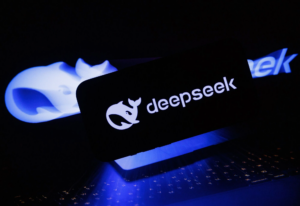



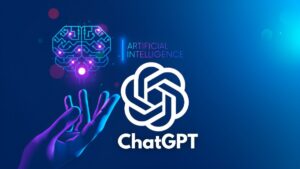







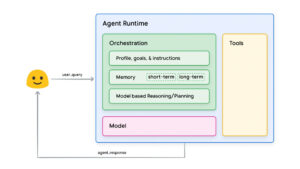



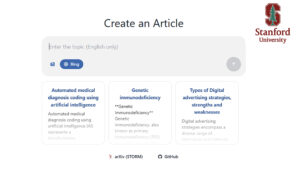


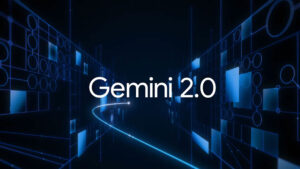




















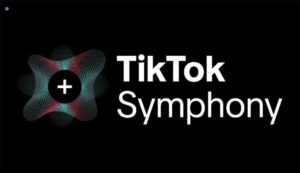








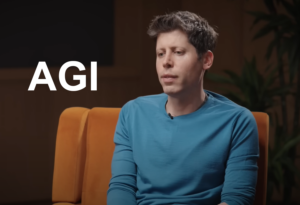
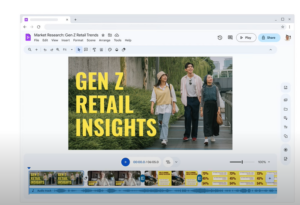


















Validate your login
Sign In
Create New Account